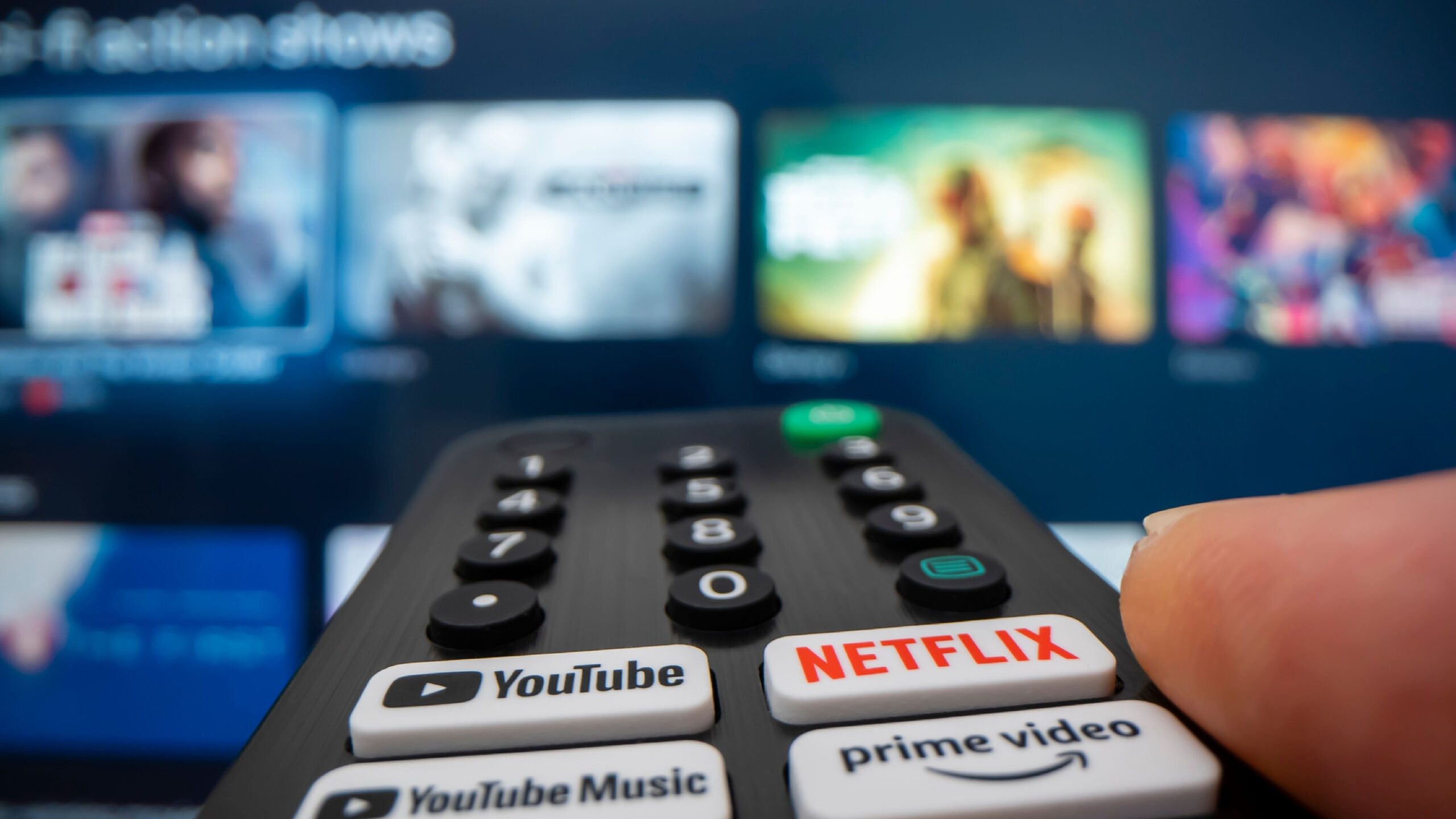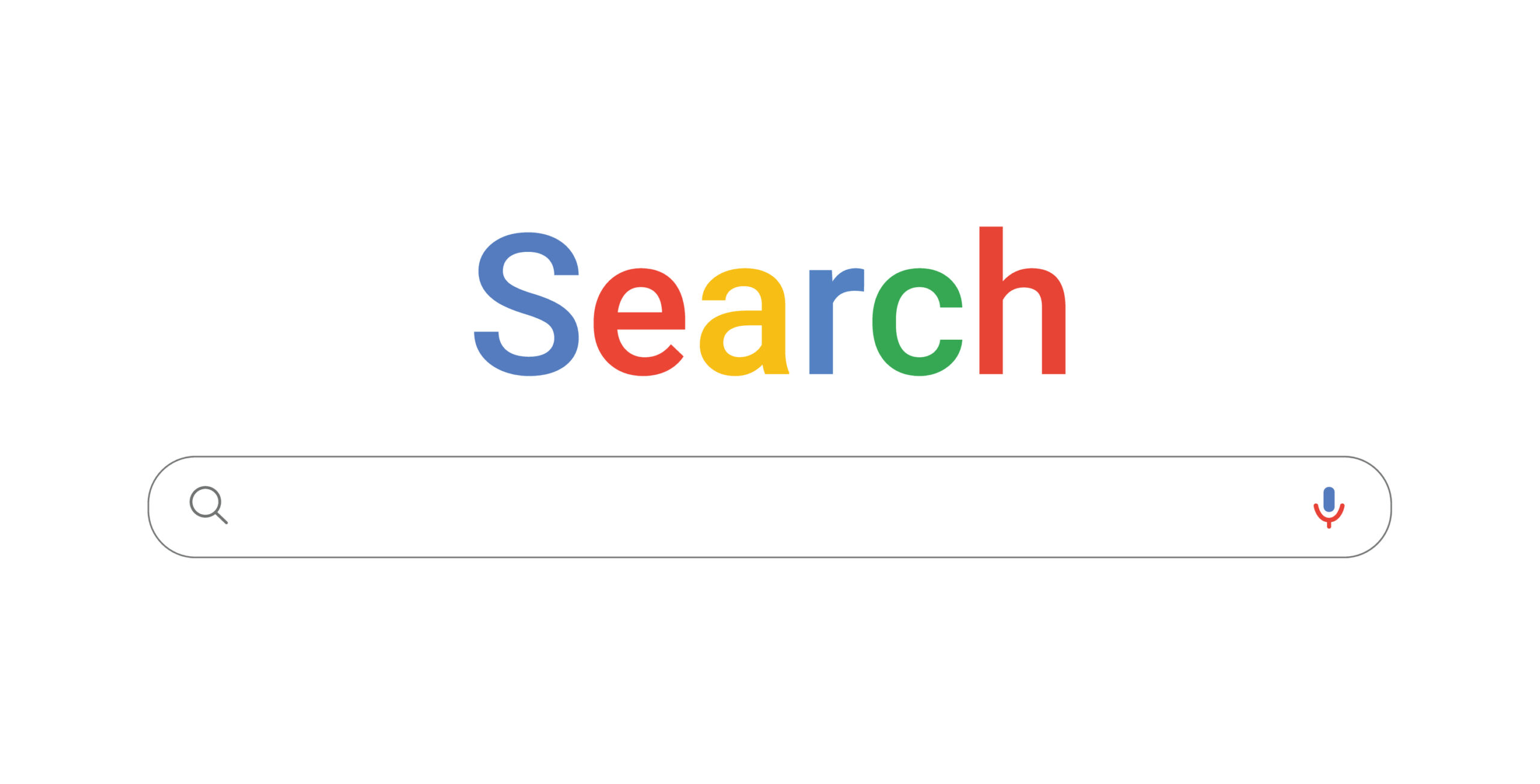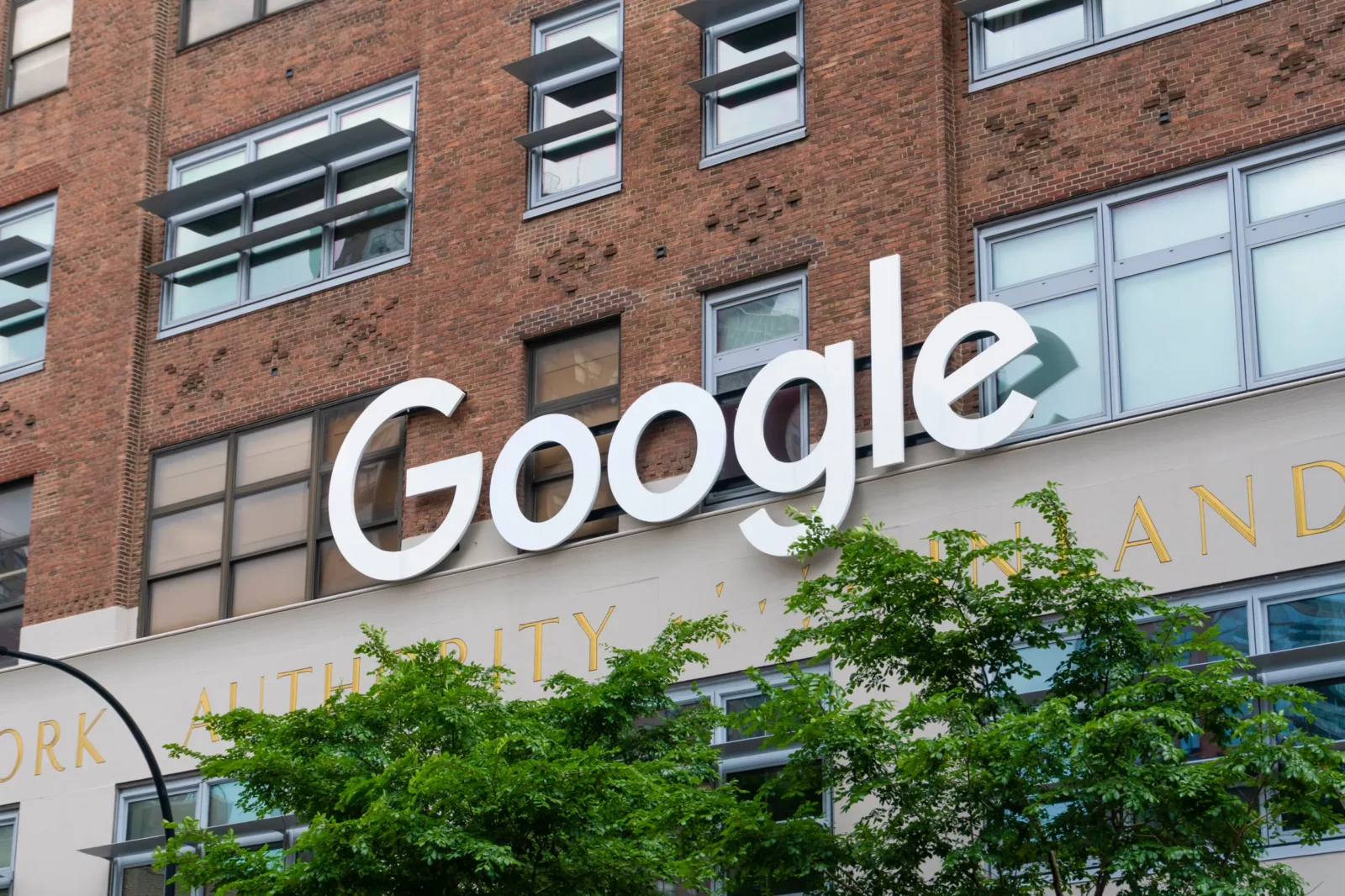Why Google’s Legal Win in Australia is Good for the Internet
Today, Google won a victory in Australia in what is being widely described as a “landmark case.” The victory is indeed landmark, not merely in a Google-specific way, but because of the message it provides to Internet businesses and the governmental bodies who are charged with regulating them, all across the world. This ruling should help Internet entities, such as ISPs and search engines, explain that they are not publishers who can be held responsible for content, but rather mere carriers of information from third parties.
In 2007, the Australian Competition and Consumer Commission (ACCC), Australia’s antitrust regulator, sued Google, alleging it was responsible for ads that it was displaying. The High Court of Australia unanimously overturned the Federal Court’s ruling, determining that Google was not responsible for the messages it hosted from paid advertisers and that its sponsored links did not constitute misleading behavior. The court explained that:
Ordinary and reasonable users of the Google search engine would have understood that the representations conveyed by the sponsored links were those of the advertisers, and would not have concluded that Google adopted or endorsed the representations.
In the United States, statutory safe harbors limiting secondary liability have developed, which help protect companies from being held liable for their users’ actions. A few weeks ago, Matt posted a primer on judge-made secondary liability doctrines — vicarious liability, contributory infringement, and inducement — in response to the CBS-DISH-CNET controversy. Safeguards against the threat of liability have been codified, such as provisions in the DMCA giving parties like hosting services, ISPs, and search engines safe harbor protection if they comply with notice and takedown requirements, and Section 230 of the Communications Decency Act, which Senator Ron Wyden mentioned in his guest post on DisCo, and the EFF calls “the most important law protecting Internet speech”. The analogy is often made between the Internet and the telephone system, and a post from the Google Public Policy Blog from a few years ago does a great job comparing them, in explaining the importance of limiting intermediary liability for online innovation. OECD also published an in-depth report last year analyzing the international, historical, legal, and market considerations for secondary liability policies.
Principles like these have allowed the U.S. Internet industry to thrive. If companies could be held liable for anything their users do or post, there’s no way innovative sites like YouTube and Facebook that host user-generated content could exist. Additionally, as CCIA described in its orphan works comments to the Copyright Office filed on Monday, disproportionate statutory damage awards for infringement can be a significant deterrent to follow-on innovation, as businesses and non-commercial entities alike may be “less likely to build upon, disseminate, digitize, aggregate, or pursue other activities, due to the potential for 6-figure awards per work.”
Safe harbors from secondary liability are essential for Internet platforms and businesses, and it is encouraging when other countries affirm these principles.








